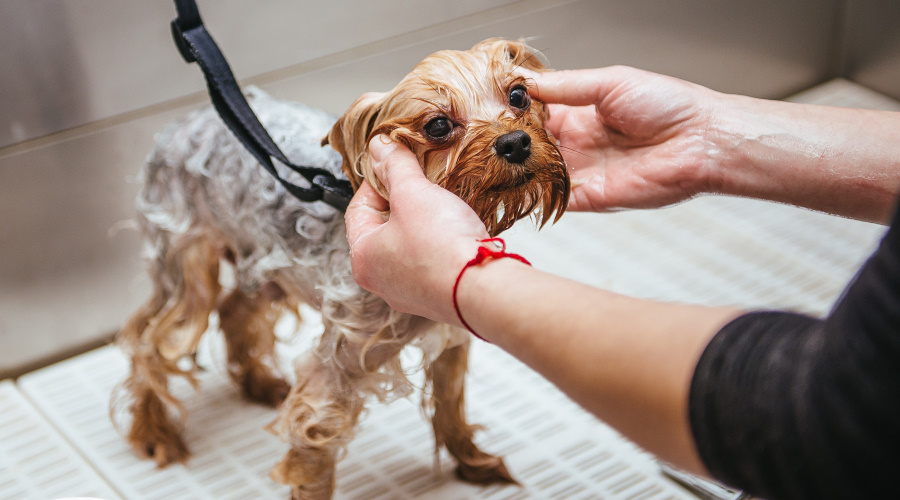How to Get NDIS Companion Animal Care / Pet Care in Australia?
Something beyond shaggy companions, help creatures can uphold individuals with an inability to live securely, become more autonomous and complete everyday tasks.But the NDIS rules around funding assistance animals can be complex and confusing. Lets take a look at what the NDIS Companion Animal Care / Pet Care in Australia considers when funding assistance animals and the evidence required to support a funding application.
The NDIS describes an assistance animal as one that is trained to perform at least three tasks or behaviours that reduce the functional impacts of a person’s impairment and is assessed by an authorised body for public access. To be supported by the NDIS, a help creature should breeze through an exceptional assessment to guarantee they can get to public places and transport securely and effectively. This is called a Public Access Test.
- A suitable and qualified animal
- Associated participant assessment
- Provider incurred animal training costs
- Costs associated with maintenance of the animal during its working life.
What assistance in NDIS Companion Animal Care / Pet Care in Australia will the NDIS fund?
- Assistance animals are often dogs
- This can include dog guides
- Therapy animals have to be guided by a qualified allied health professional.
An assistance animal potentially funded by the NDIS could include a guide dog trained to help people with vision impairments or hearing loss to get around, or a facility animal that works in a residential facility. It could also include a therapy animal, led by a qualified allied health professional, that is trained for specific interventions or a dog that helps a child with autism to manage their emotions or become involved in social situations. There are additionally clinical ready creatures, for example, epilepsy seizure canines, that can set off an alert or move with a specific goal in mind to safeguard the individual encountering a seizure
How to get NDIS funding for an assistance animal?
- The assistance animal support must meet the guidelines
- You will need a report from an NDIS participant assistance animal provider and an allied health professional
- The funding must be deemed reasonable and necessary.
Pets play an important role in supporting NDIS Participants to achieve their goals and improve their physical and mental well-being.
AD Health care in NDIS Companion Animal Care / Pet Care in Australia offers:
- Poo Patrol & Kitty Litter change.
- Clipping & Grooming
- Home Visits to feed & water pets
- Dog Washing
- Pet Sitting
- Pet Taxis (to vet or grooming appointments).
- Pet walking
- Pet Daycare
Every pet has a name, which we ensure we use when speaking to you. Your pet’s health and happiness is our core purpose. We work hard to be worthy of your trust. We believe in doing what is right for pet owners, their pets and for the environment. AD Healthcare focus is on domestic pets, and small hobby farms. Whether your furry, Whether your shaggy, padded, or scaled pet necessities day care, short-term care, boarding for seven days, a month or longer, we can help you.
AD healthcare is a Homecare and NDIS service provider and we do render service Australia-wide. Please do free to contact us at 1800 571 955 or info@adhealthcare.com.au

